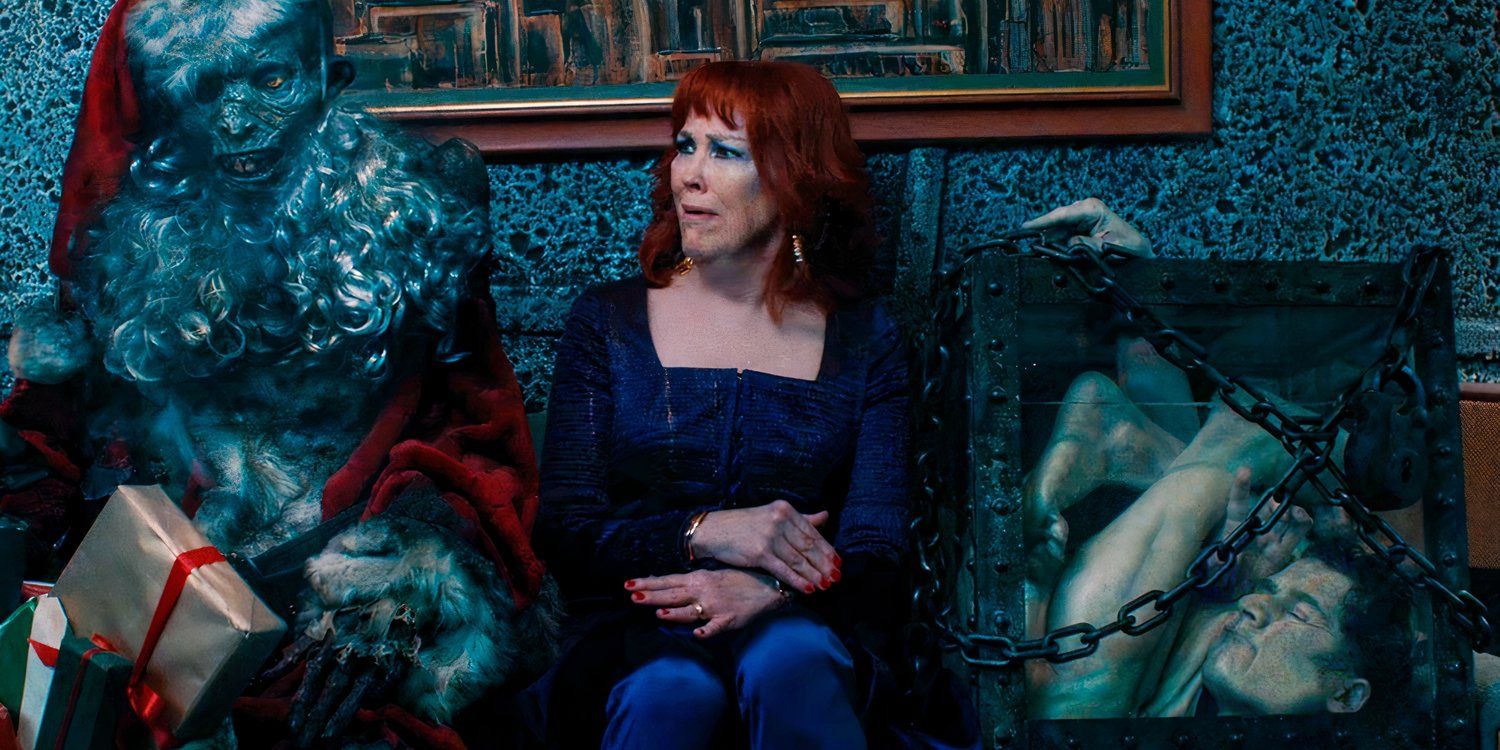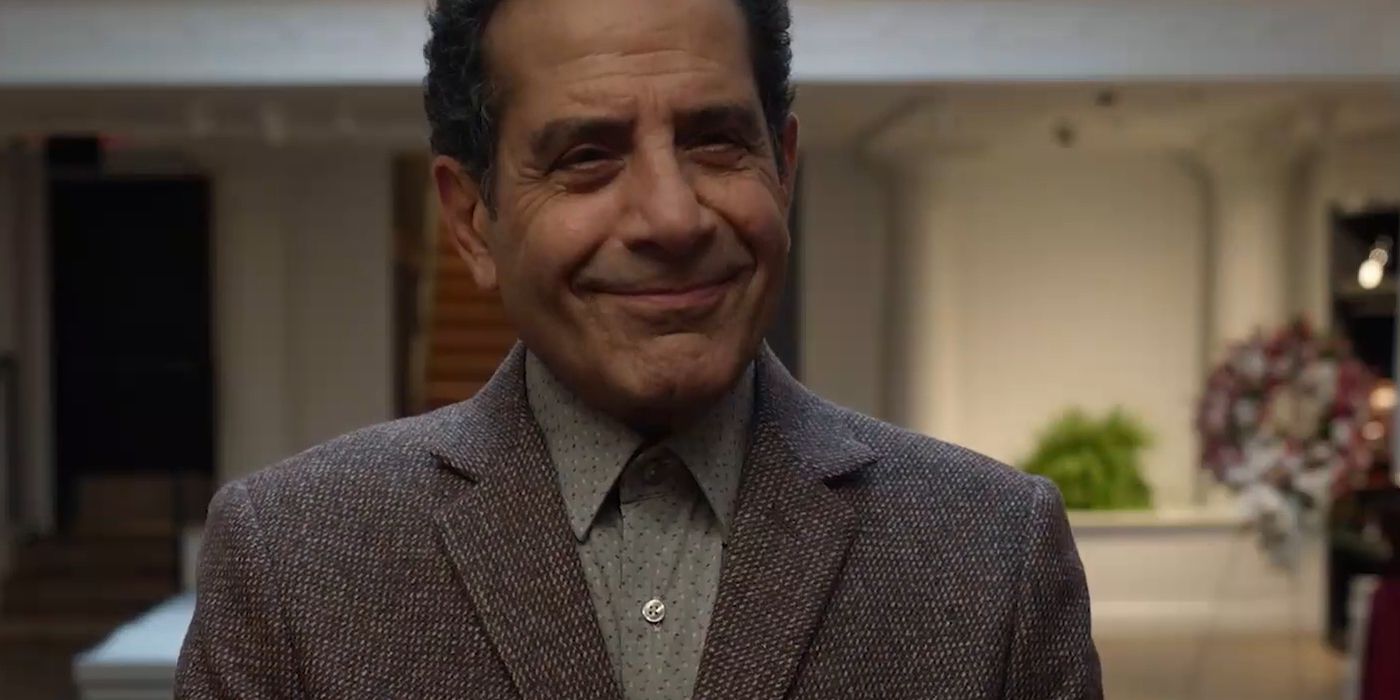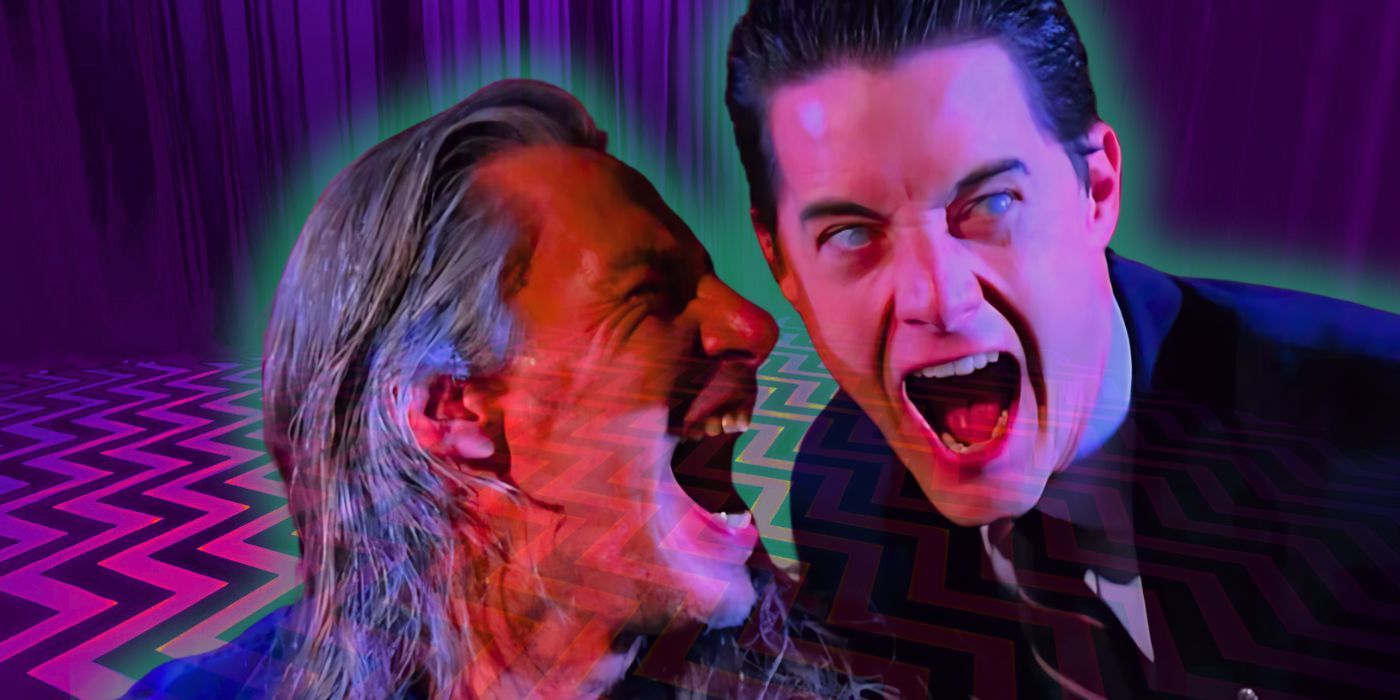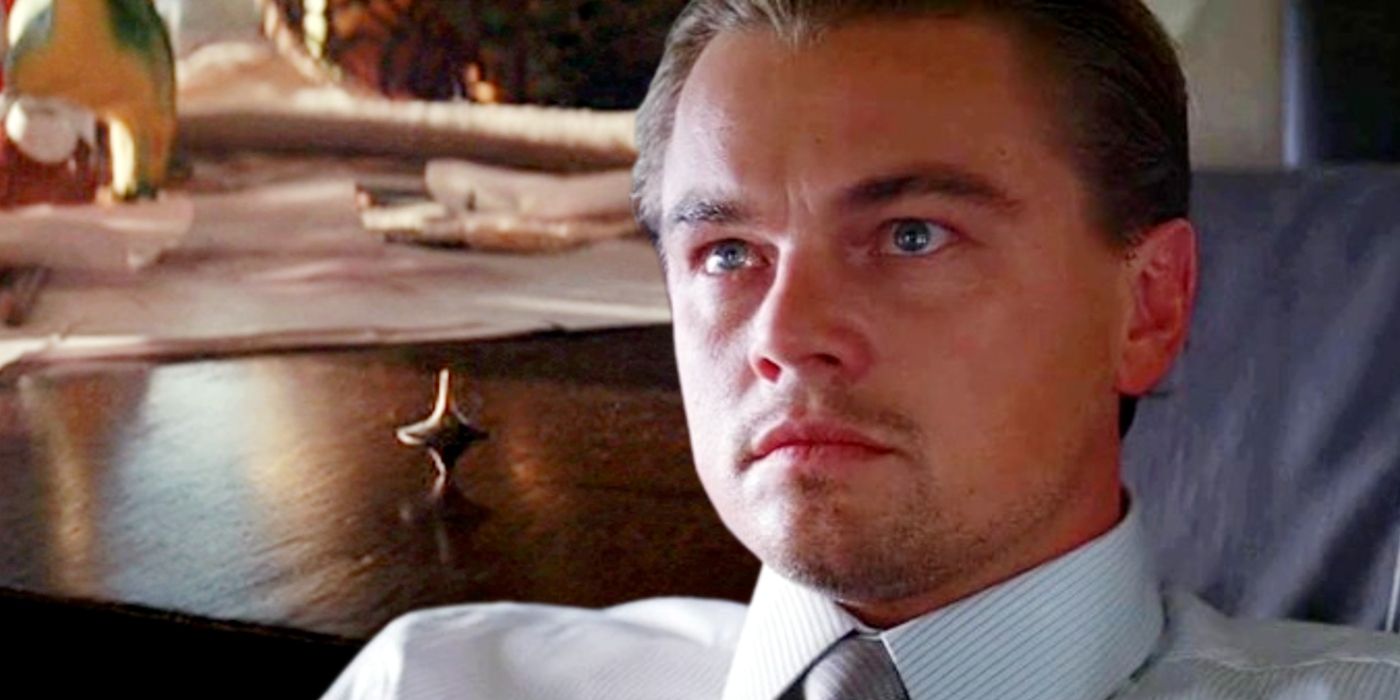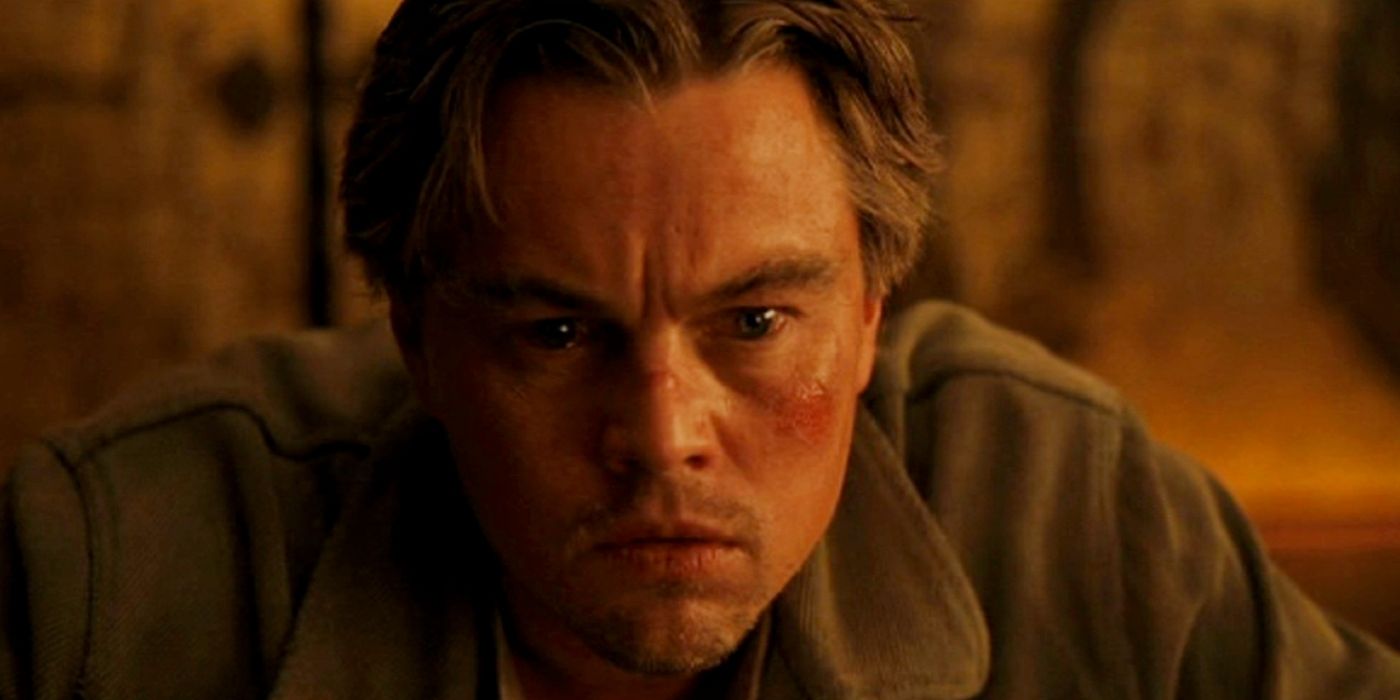13 years after the release of Inception, director Christopher Nolan now finally explains the ambiguous ending's real meaning and his intent. Many of Nolan's movies are mind-bending in their own unique ways, but perhaps none greater than Inception, his film about a heist taking place in multiple different levels of dreams. The film famously ends with Leonardo DiCaprio's Cobb seemingly reunited with his family, but it's unclear if it's really happening or if it's all taking place within a dream.
Now, Nolan has clarified his approach to the ambiguous Inception ending in an interview with Wired. While not actually revealing whether Cobb is dreaming or not, the director reveals that, to him, that may not ultimately be important relative to the character's emotional journey. Check out Nolan's full comment below when asked if the Inception ending is optimistic:
"I mean, the end of Inception, it's exactly that. There is a nihilistic view of that ending, right? But also, he's moved on and is with his kids. The ambiguity is not an emotional ambiguity. It's an intellectual one for the audience."
It Doesn't Matter If Cobb's Ending Is A Dream In Inception
When audiences first meet DiCaprio's hero in Inception, he's a man separated from his children, unable to return to them because he's wanted for his involvement in his wife's death. Not only is he wanted by external forces, but his mind is also poisoned by guilt. In order to convince his wife, Mal (Marion Cotillard), to abandon the life they had built for themselves in limbo (essentially an infinite subconscious dreamscape), Cobb incepted the idea into her mind that their world wasn't real.
While he succeeds in getting Mal to leave limbo, the idea he planted in her mind took hold so strongly that she ends up killing herself in real life in order to escape an existence that she believes is still a dream. Cobb carries this guilt with him throughout the film, which is further complicated by the fact that when he dreams about his children, he can't see their faces, a haunting reminder of how he has abandoned them.
After pulling off a complex multi-layered dream heist, being "reborn" in limbo, and being cleared of his wanted status, Cobb finally returns home to his children. Inception ends with his emotional journey complete. He's free to live his life with his children not only absolved of his legal problems but also of the thoughts and guilt that haunted him for so long. He may well be dreaming at the end of Inception (although there are clues to suggest he isn't), but he ultimately looks away from his spinning totem because he has now found peace.
Source: Wired


